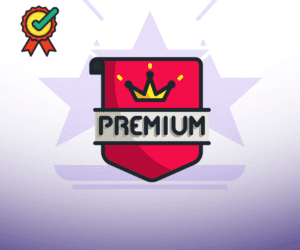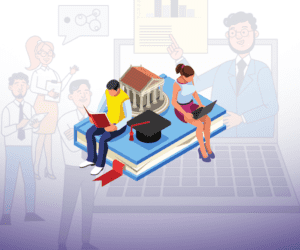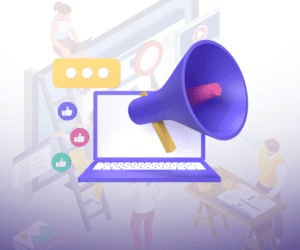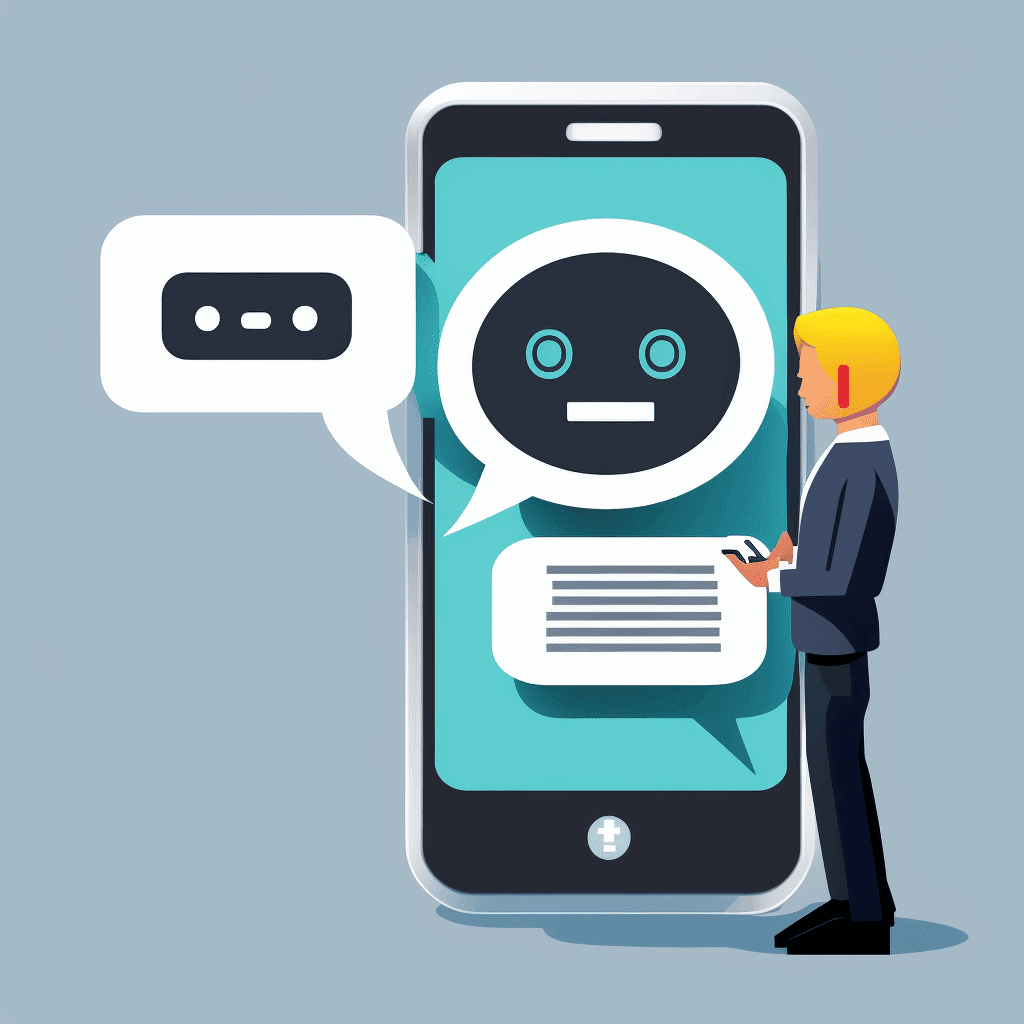Are you tired of waiting for customer service representatives to assist you with your concerns? Do you want immediate assistance when you need it the most? Well, say hello to AI-powered chatbots! These virtual assistants are revolutionizing the customer service industry by providing quick, efficient, and personalized support.
In this article, we will explore the benefits of AI-powered chatbots in customer service and how they are changing the game.
Table of Contents
What are AI-powered chatbots?
AI-powered chatbots are virtual assistants that use artificial intelligence and natural language processing to communicate with customers. They are programmed to answer frequently asked questions, provide support, and offer solutions to customer issues. These chatbots are available 24/7 and can handle multiple customer inquiries simultaneously.
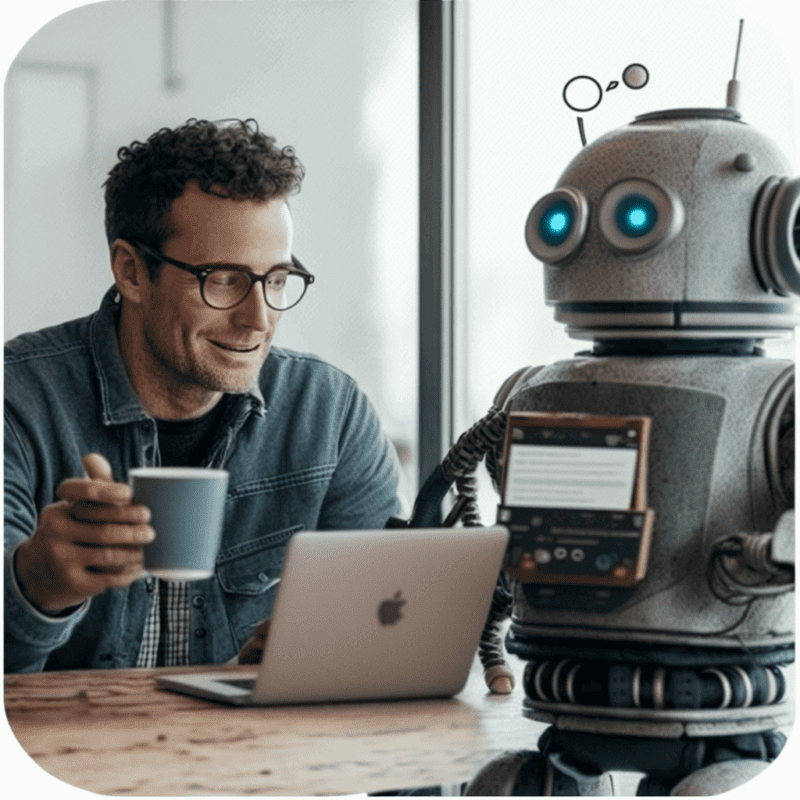
Benefits of AI-powered chatbots
1. Instant response time
One of the most significant benefits of AI-powered chatbots is their instant response time. Unlike human customer service representatives who may take time to respond to queries, chatbots are available 24/7 and can answer customers’ questions in real-time. This feature ensures that customers receive immediate assistance and do not have to wait for hours or days to receive a response.
2. Cost-effective
AI-powered chatbots are cost-effective for businesses since they do not require salaries or benefits like human customer service representatives. This feature allows businesses to allocate their resources towards other areas of their operations, saving money in the process.
3. Personalized support
AI-powered chatbots can offer personalized support to customers. By analyzing customer data and behavior, chatbots can provide tailored solutions to each customer. This feature ensures that customers feel valued and appreciated, enhancing customer satisfaction and loyalty.
4. Multitasking capabilities
AI-powered chatbots can handle multiple customer inquiries simultaneously. This feature ensures that customers do not have to wait in line to receive assistance, enhancing their experience and reducing frustration.
5. 24/7 Availability
Chatbots are available 24/7, ensuring that customers can receive assistance at any time of the day. This feature is particularly useful for businesses that operate in different time zones, ensuring that customers can receive support regardless of their location.
Connect with your customers like never before! Integrate WhatsApp chat on your website for instant communication and better engagement. Don’t miss out on potential leads, start using WhatsApp chat today!
How AI-powered chatbots are changing the game
AI-powered chatbots are changing the game in the customer service industry by providing quick, efficient, and personalized support. They are also enhancing customer satisfaction and loyalty, which is crucial for businesses in the long run.
Moreover, AI powered chatbots are changing the way businesses operate by providing cost-effective solutions to customer service. These chatbots are also freeing up human resources, allowing businesses to allocate their resources towards other areas of their operations.
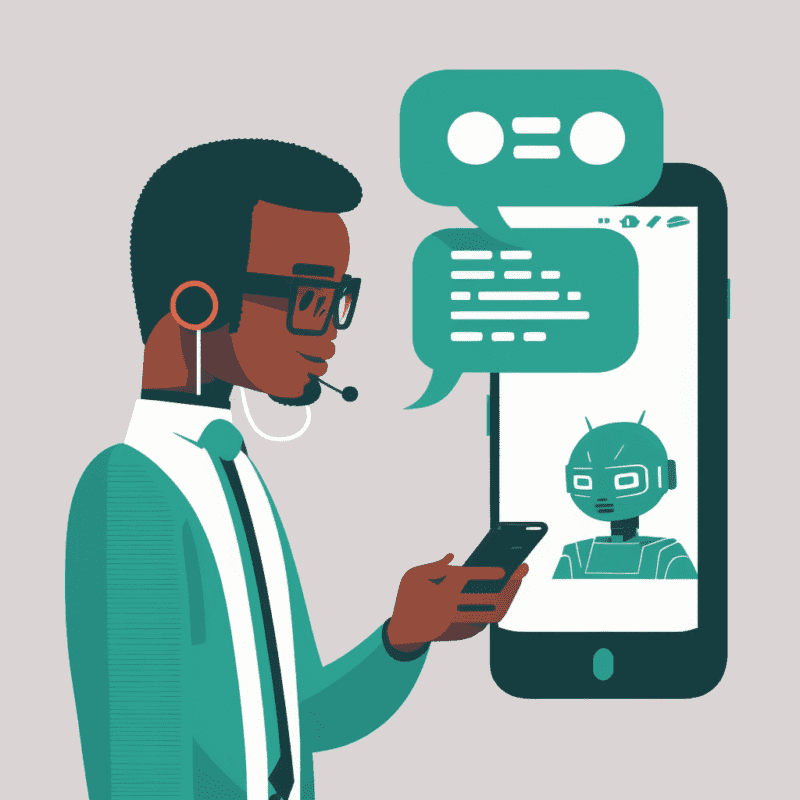
AI-powered Chatbots: A Game-Changer in Customer Service
In today’s digital age, customer service is an essential component of any successful business. With the rise of e-commerce, customers are increasingly looking for fast, efficient, and personalized service. This has led to the development of AI-powered chatbots that can help businesses provide 24/7 customer support. AI powered chatbots are computer programs that use artificial intelligence to simulate human conversation.
AI-Powered Chatbots: A Game-Changer in Customer Service
AI-powered chatbots are rapidly changing the face of customer service. By simulating human conversation, these chatbots can provide efficient, personalized, and 24/7 customer support. Here are some of the key benefits of using AI powered chatbots in customer service:
24/7 Availability:
Unlike human customer service agents, chatbots can operate around the clock, providing customers with instant support whenever they need it.
Faster Response Time:
AI-powered chatbots can handle multiple customer inquiries simultaneously, reducing wait times and providing faster response times.
Personalized Service:
Chatbots can use data analytics to provide personalized recommendations and support based on customer behavior and preferences.
Cost-effective:
Chatbots are more cost-effective than hiring and training human customer service agents, which can be expensive and time-consuming.
Multitasking Capabilities:
Chatbots can handle multiple tasks at once, including answering customer queries, collecting customer data, and providing product recommendations.
AI-powered chatbots also enhance customer experience by streamlining communication, improving satisfaction, increasing loyalty, and providing valuable insights into customer behavior.
However, implementing AI powered chatbots in customer service also comes with its own set of challenges. Integration with existing systems, training and maintenance, and data privacy concerns are some of the main obstacles businesses face when implementing chatbots.
To make the most of AI powered chatbots in customer service, businesses should establish clear objectives and goals, design user-friendly interfaces, and continuously monitor and improve the chatbot’s performance.

Challenges in implementing AI-powered chatbots
Implementing AI-powered chatbots can be a complex process and businesses may face several challenges during implementation. Here are some of the common challenges:
- Data Quality: AI chatbots require a large amount of data to function effectively. Therefore, businesses must ensure that their data is clean, accurate, and up-to-date. Poor data quality can result in incorrect responses from the chatbot, which can lead to customer frustration.
- Integration with existing systems: Chatbots must be integrated with existing systems such as CRM and marketing automation tools. This requires a thorough understanding of the current system architecture and a well-defined integration plan.
- Language Understanding: Chatbots must be able to understand natural language processing (NLP), which can be a challenge for chatbots to interpret the intent of the user. Training the chatbot to understand different dialects and languages can also be a challenge.
- Maintaining Conversational Flow: Chatbots must be designed to maintain a conversational flow and understand the context of the user’s question. Failure to do so can result in irrelevant or incorrect responses, leading to customer dissatisfaction.
- Security and Privacy: As chatbots interact with customers, they must be designed to comply with security and privacy regulations. Failure to do so can lead to security breaches or privacy violations.
- Human Oversight: AI powered chatbots must be monitored and trained regularly to ensure they are providing accurate responses. This requires a team of experts to manage the chatbot, which can be expensive and time-consuming.
Overcoming these challenges requires careful planning, adequate resources, and a strong team of experts to implement and manage AI-powered chatbots effectively.
Best practices for implementing AI-powered chatbots in customer service
Use natural language processing (NLP):
NLP technology allows chatbots to understand and respond to human language in a more human-like way. It can help make the chatbot conversation more engaging and help the chatbot better understand customer intent.
Use personalization:
Personalization can make a chatbot conversation feel more tailored to the individual customer. It can involve using the customer’s name, addressing their specific concern or question, and providing relevant product or service recommendations based on their previous behavior or preferences.
Provide seamless handoff to human agents:
There will be times when a chatbot is unable to fully resolve a customer’s issue. In these cases, it’s important to provide a seamless handoff to a human agent. This can involve transferring the chat history to the agent, ensuring the customer doesn’t have to repeat themselves, and providing context about the issue.
Test and optimize:
As with any technology implementation, it’s important to test and optimize the chatbot to ensure it’s meeting its objectives and providing a positive customer experience. This can involve conducting A/B testing, analyzing chat logs, and making adjustments to the chatbot’s responses and behavior.
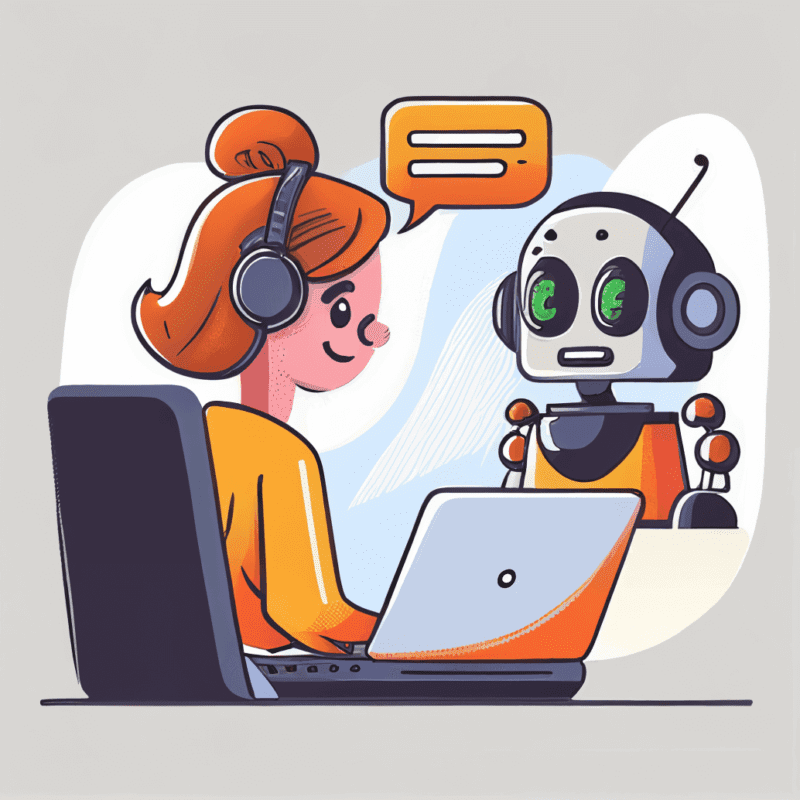
Be transparent about AI use:
Some customers may be skeptical or concerned about the use of AI in customer service. It’s important to be transparent about the chatbot’s use of AI and how it’s being used to improve the customer experience. This can help build trust and ensure customers feel comfortable using the chatbot.
Conclusion
AI-powered chatbots are a game-changer in customer service, providing numerous benefits such as 24/7 availability, improved response times, and cost-effectiveness. However, their implementation also presents challenges such as ensuring accuracy, maintaining data privacy, and avoiding customer frustration.
To successfully implement AI-powered chatbots, it is essential to have clear objectives and goals, use a user-friendly design, and continuously monitor and improve the chatbot’s performance. Despite these challenges, the potential for AI powered chatbots in customer service is enormous, with the technology continuing to evolve and improve. As more companies adopt this technology, we can expect to see even greater benefits and advancements in the field of customer service.
FAQs
- Q: Are AI-powered chatbots difficult to implement in my business?
Ans: No, AI-powered chatbots are relatively easy to implement, and there are several chatbot providers that can help you with the process.
- Q: Will AI-powered chatbots replace human customer service representatives?
Ans: No, AI-powered chatbots are designed to complement human customer service representatives and not replace them.
- Q: Can AI-powered chatbots provide personalized solutions to each customer?
Ans: Yes, AI-powered chatbots can provide personalized solutions to each customer by analyzing customer data and behavior.
- Q: Are AI-powered chatbots expensive to maintain?
Ans: No, AI-powered chatbots are cost-effective and do not require salaries or benefits like human customer service representatives.
- Q: How do chatbots improve customer loyalty?
Ans: Chatbots can provide personalized recommendations and support, increasing customer satisfaction and loyalty.

